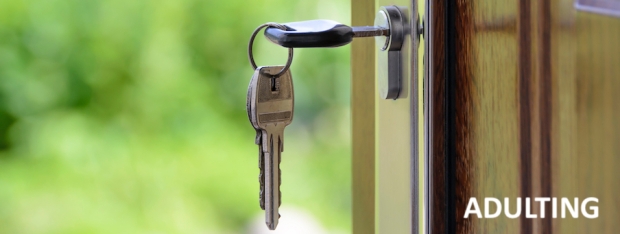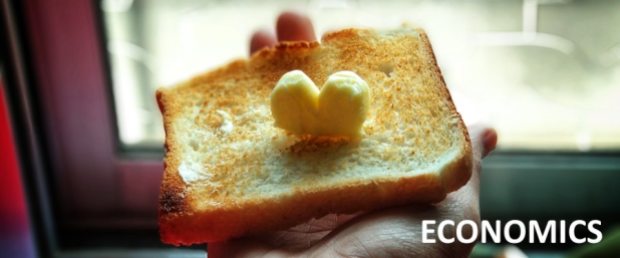
I had a bad memory and in school I was never quite able to cram for examinations. I found memorisation a complete chore and my mind really strained trying to remember things. Most of the time, the harder I try, the more difficult I find it. Subsequently, whenever I had to remember something, it was important that I found something already in my memory to associate it with so as to bond the materials better to my mind.
It turned out that this exercise from young did two things for me.
One is that it caused me to develop an interest for learning and genuine understanding when confronted with something new. Since I wasn’t able to retain much in my mind, what I did, I kept them for much longer than everyone else. And I had to develop my own reasons and purpose for wanting to put something into my memory since they were usually stored longer term.
Second, it gave me a method that increased my memory capacity as I learnt more. This requires a bit more explanation. When I recall things by associating the new information with something already in my mind, I’m actually causing the web of my knowledge to be denser. When a piece of information stands alone, it is easily forgotten. But when you connect it with other information, it suddenly becomes more memorable.
Take for example you meet a guy and he tells you he is 23 years old, then says nothing further. Your memory of him is reinforced by how he sounded, his clothes, hairstyle and perhaps handshake. But if he also tells you that his Mum is a widow, and he had gone to college in Boston, you might actually take all these pieces of information, form even more associations and once you meet him, you’d be able to recall him better than if he had not shared the additional information.
In other words, we actually have a slightly mistaken analogy for our memories. We tend to think there’s some kind of limited shelf space such that trying to remember more things means we need to forget some old things or remove some of the existing memories from the shelf to accommodate the new.
After years of experience trying to deal with that poor memory of mine, I noticed that our memory are more like webs. When we don’t have much in our memories, it is as though there are many gaps within our web and most materials that comes our way just fly through these gaps rather than getting retained. But as you are able to catch hold of more using what you already have, then you naturally hold on to even more memories that allows you to capture more.
Our understanding and what constitutes deep knowledge from repeated practising creates new contexts for us to absorb further new information and knowledge. This is incredible because it means that our memory capacities are not being consumed but rather expanding. Capturing more and richer information enhances our ability to compress new information and knowledge further, drawing upon what is already in the mind.
This is part of a series of republished articles from my Medium page because I am worried about the platform ceasing to be. A version of this article on the same idea was published in here a while back.









